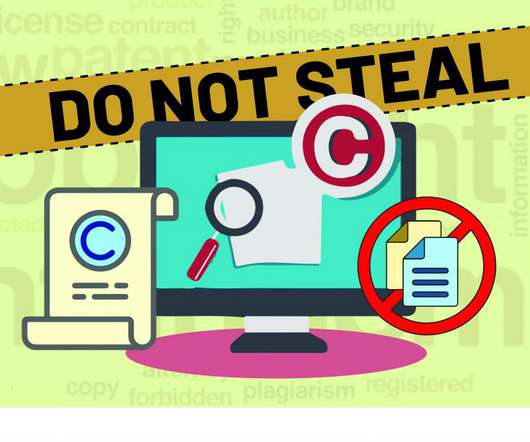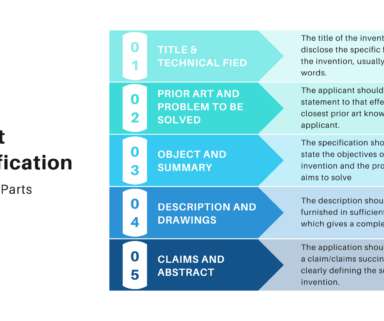Best practices to avoid copyright infringement
Biswajit Sarkar Copyright Blog
JULY 19, 2022
There’s a significant probability that someone already owns the rights to the content even if you cannot locate an explicit declaration stating that it is intended for public use. It would be preferable to obtain written authorization from the copyright owners before using the original content. Document right to use.












Let's personalize your content